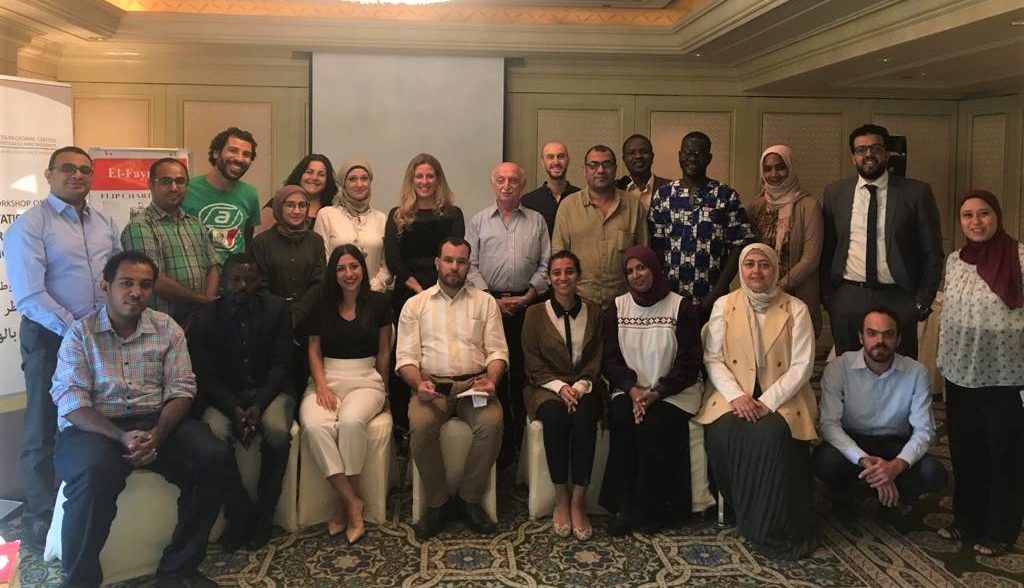An opportunity for inclusive dialogue and for activating broad cooperation
The 2020 Regional Consultations in the lead up to the Global Forum on Migration and Development (GFMD) Summit came to a conclusion with the Abu Dhabi Dialogue consultation’s closing plenary. The regional consultations, which took place as part of the UAE’s 2020 Chairmanship of the GFMD , encompassed participation from both Anglophone and Francophone Africa, West and South Asia, East Asia, the Americas and Europe.
Over the course of two months, governments, civil society, business leaders, and local authorities around the world took part in these online meetings. The final consultation of the series was held in cooperation with the Abu Dhabi Dialogue, the regional inter-governmental forum for West and South Asia. Two other consultations were managed in cooperation with the African Union (AU), one with the Asia Pacific-focused Bali Process, one with the Regional Conference on Migration (Puebla Process), bringing together the Americas, and one with the Organisation for Economic Cooperation and Development (OECD), focused on Europe.
Topics discussed by participants in the Abu Dhabi Dialogue GFMD consultation included the impact of changing employment trends on migrant workers in the Gulf-Asia migration corridors, the role of technology in empowering migrants, and the role of partnerships in achieving the migration-related goals of the Sustainable Development Agenda. Other issues, taken up by other regions, included the skilling of migrants, filling gaps in the protection of migrants, and addressing the challenges of irregular migration.
“We must start to work to ensure equal rights and access to services in the post-crisis phase”
Maryam Al-Ruwaie and Julius H. Cainglet spoke on behalf of civil society from the region during the opening and closing plenaries respectively.
In her statement, Maryam stressed the huge work done by Arab and Asian civil societies in preparation for the consultation, through 9 meetings aimed at consulting on the six topics that directed the course of 2020 activities towards a conversation that is future-focused and partnership-oriented.
She repeatedly called for the establishment of real partnerships to “tackle difficult issues in this spirit and based on human rights standards”, especially during the COVID-19 crisis “to find solutions to wage theft and facilitate migrant workers’ access to compensation and benefits”.
Bringing in particular the point of view of trade unions, Julius too highlighted in his speech that “governments, contractors and trade unions – and of course specialised international institutions – have to formulate together new policy, engineering and infrastructure measures that deal with the new occupational threats” caused by the COVID-19 pandemic.
Click here to read Maryam’s full intervention
Click here to read Julius’ full intervention
For more information about the regional meetings, please consult the following page

